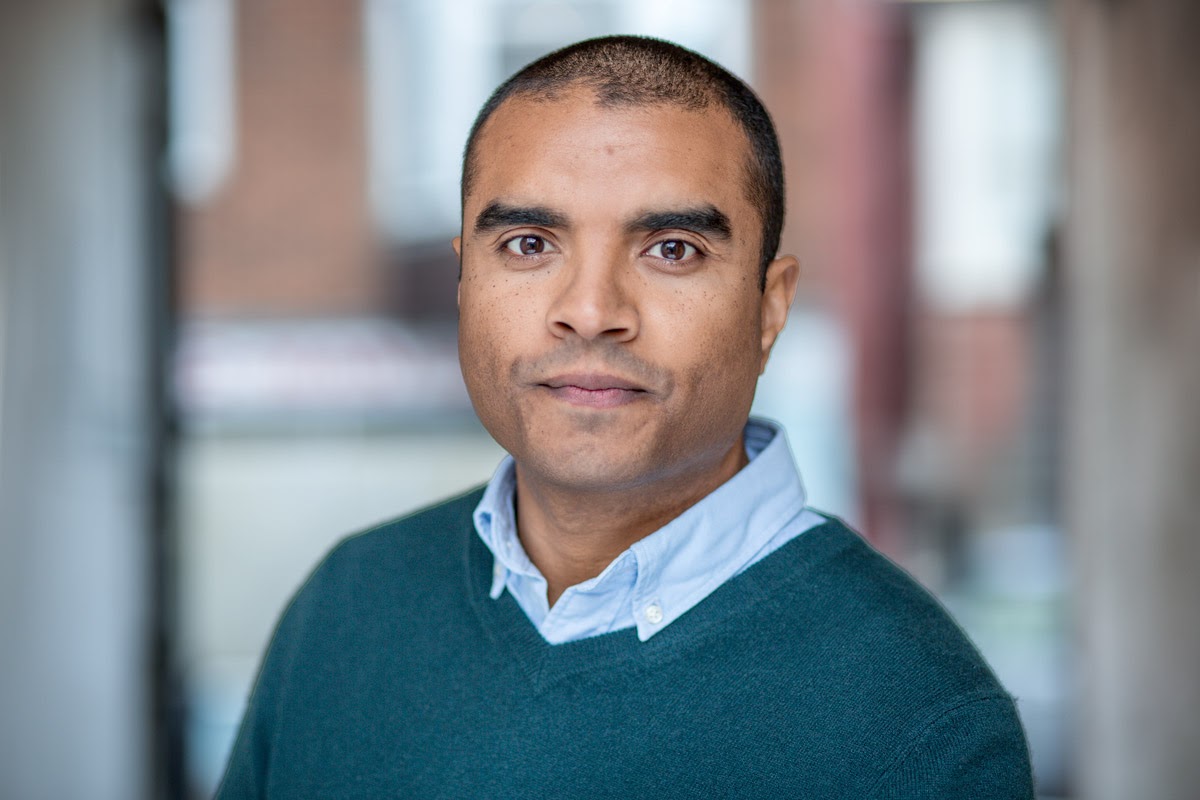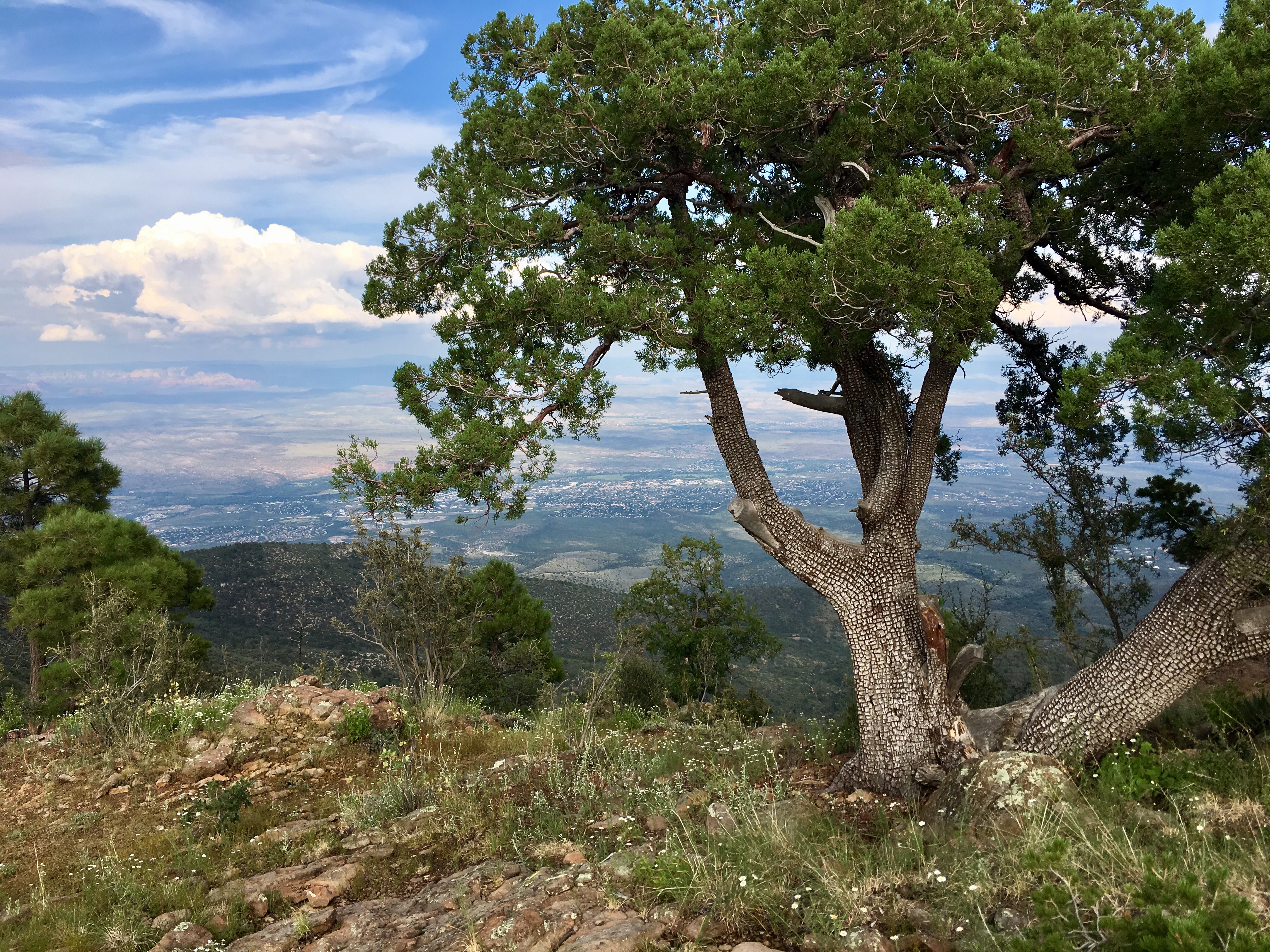Having walked the earth for roughly 200,000 years, human beings have made incredible progress in a relatively short period of time. We outlived Neanderthals and rose to incredible heights with regard to intellect, creativity, morality, curiosity and self-awareness. We have become acutely aware that we are conscious beings, capable of monitoring our own thoughts, feelings and actions. Many of us have experienced awe-inspiring moments of bliss while walking on a beach, enjoying breathtaking views of night skies or listening to wondrous, entrancing music.
Consider how much progress human beings have made with respect to being able to create and understand new languages, to read and write, construct liberal and democratic societies, and bring about an explosion of social and fiscal progress reducing global poverty by half since the 1990s. We are by far the most creative species on the planet but conversely, we have an uncanny tendency to self-destruct, both individually and collectively.
Due to our own self-awareness, of which we have a competitive edge over all other species on the planet (at least in theory), human beings tend to feel a sense of superiority, forgetting that we too are “animals”. We may be highly sophisticated but nonetheless, we are primates. Furthermore, unless we continue to develop the higher regions of our brain, we can still react to vicissitudes and stress in a similar fashion to a furious ape or a frantic chimpanzee squabbling over resources and territory.
Such outbursts and random acts of primitive behaviour can catch us completely off guard. How many of us have suffered the humiliation and embarrassment of a row or outburst in a public space such as an airport or a train station? Consider how many times you have randomly lost your temper or overreacted to trivial matters, and consequently felt remorseful and ashamed about this? Many of us experience random “freeze” responses or a sudden “flight” response in the midst of real or imagined danger, which can often trigger a full-blown panic attack.
Furthermore, think about how often you have been mentally, emotionally and physically triggered and pulled into primitive survival modes without any warning whatsoever. While it is truly good news that we can use our brains to elevate reason and creativity, our primitive nature must be tempered, otherwise we risk reverting to impulsive and irrational behaviour. In other words, it is crucial not to let our primitive modes of survival get the better of us.
The brainstem (which produces the fight, flight, freeze and faint responses) is roughly four hundred million years old. Our primitive regions (brainstem, limbic area) are firmly established in the human brain and needs to be monitored as often as possible, especially if one is recovering from addictive behaviour, trauma or PTSD/Complex PTSD.
The brainstem, hippocampus and amygdala are extremely powerful and therefore, the prefrontal cortex (the most advanced area in the brain, and exclusive to the human race) requires constant nurturing to neutralise, temper and transcend the ancient reactive patterns in our brains. The prefrontal cortex is roughly four million years old and when we nurture it, we amplify our capacity to demonstrate compassion, empathy, imagination and rational thinking.
Multiple breathing techniques, be it that of yoga or mindfulness meditation, can certainly help to enhance the prefrontal cortex and thus bring about more calmness, clarity and a higher thought-life. The difficulty with regard to tempering the most primitive areas in the brain is that flight, flight, freeze, faint (FFFF) responses are an instant reaction to a perceived threat and therefore, much quicker than the responses of the “rational brain”. In other words, it takes time and effort to develop the prefrontal cortex before it can respond to (FFFF) responses effectively.
For example, a month ago I was triggered by a “freeze” response while walking through a busy high street on a humid evening (I have been recovering from grave trauma for many years now). Had this episode occurred thirteen years ago, when I was just starting to dedicate myself to recovery, it would have led to a severe panic attack. However, on this occasion, when my freeze response kicked in, I had developed enough association fibres in my brain (as a result of enhancing the prefrontal cortex) to soothe and override the extreme bodily reaction. I started to practise conscious breathing and box breathing which slowed down my heightened responses. Anyone who has experienced a (FFFF) response will testify that it can be quite overwhelming and debilitating.
While undesirable reactions can still get the better of us from time to time (even those of us who meditate regularly) we can learn to temper primitive modes of survival one day at a time.
Christopher Dines’ new book, The Kindness Habit: Transforming our Relationship to Addictive Behaviours co-authored with Dr Barbara Mariposa is out now.
Originally published at m.huffpost.com


